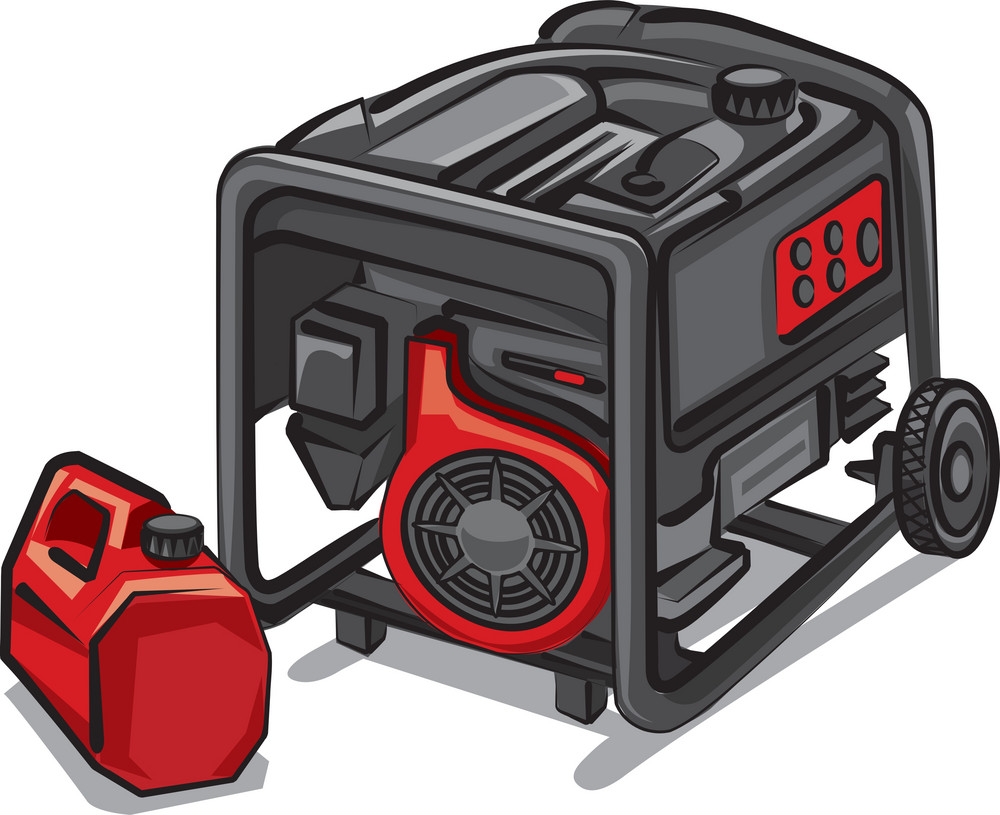Each and every year, thousands and thousands of men and women experience prolonged power outages. Excessive winds coming from strong thunderstorms is what usually will cause interruption of any type of utility service. Strong storm cells such as hurricanes, micro-bursts and tornadoes. Power outages can last just a handful of hours or a few days. Sometimes it can take up to several weeks for utility workers to regain power after widespread damage from a serious event. In the meantime, homes are left without the power and they need to remain livable and maintain refrigerators cold and pumps running.
Power Outage Problems
It is quite probable that the power outage you face only lasts hours instead of days. When the power went out, you called the electric utility and found out that crews would have power restored the same day. It was inconvenient to live without having power for a short time, but contemplate what was going on in your home at that time. Even homes with dry basements from sump pumps can quickly commence to flood within an hour. Refrigerators and freezers commence to slowly warm if they are kept shut, but the temperature raises every time they are opened up. Without power, temperature extremes can make a house unlivable in a very brief time. Without heat, pipes can also freeze in the cold temperatures.
Generators Keep The Power On
Keeping a home supplied with power, standby generators and portable generators are are a excellent backup. The standby alternative works whether or not anyone is home. Sensing the power outage automatically, the generator will initiate and disconnect the house from the utility lines and connect it to the generator instead. Standby generators for home use run on either liquefied petroleum gas (LP Gas or Propane) or natural gas (NG). Using NG or LPG eliminates the need for steady refueling. A portable generator works in a similar fashion, but demands the homeowner to set it up, connect it to the house and get it started, and then throw a manual transfer switch to power up the home. If you decide to go a different route than the transfer switch method, extension cords are then used to plug your appliances directly into your generator. Typically smaller portable generators will run on gasoline there are some alternatives and models that use liquid propane as well. Generators that are labeled as tri-fuel can run on all three types, gasoline, LPG, and natural gas.
Portable Vs. Standby
A home standby generator is a authentic all in one backup system. It runs and provides power for days without human intervention. If you’re out of town and an outage occurs, the only thing you’ll discover when you return is the blinking displays on your clocks. Any food that was left in any freezers or refrigerators will not be disturbed. In general, portable generators cost less than standby units and the electrical connections to a house are also more economical. Portable generators are also a possibility for someone who is wanting a cheaper solution then both a standby generator and transfer switch. Keeping a portable generator for use during a power outage also means keeping fuel on hand and sustaining that fuel supply by adding stabilizers and rotating the stock as it grows old.
Be Ready
When the next storm comes rolling through, make sure you and your family are ready rather than being stuck in a bad situation. Start planning now and make your choice of a portable or standby backup generator for your home so that when the next power outage hits, you’re not left questioning when the power will come back on, if the food will spoil in the fridge, or if the pipes will freeze from sub-freezing temperatures. Enjoy your comfortable home in peace as others flee to hotels and overseas to escape the heat or cold. Protecting your property ahead of time is much cheaper than repairing or replacing it.
